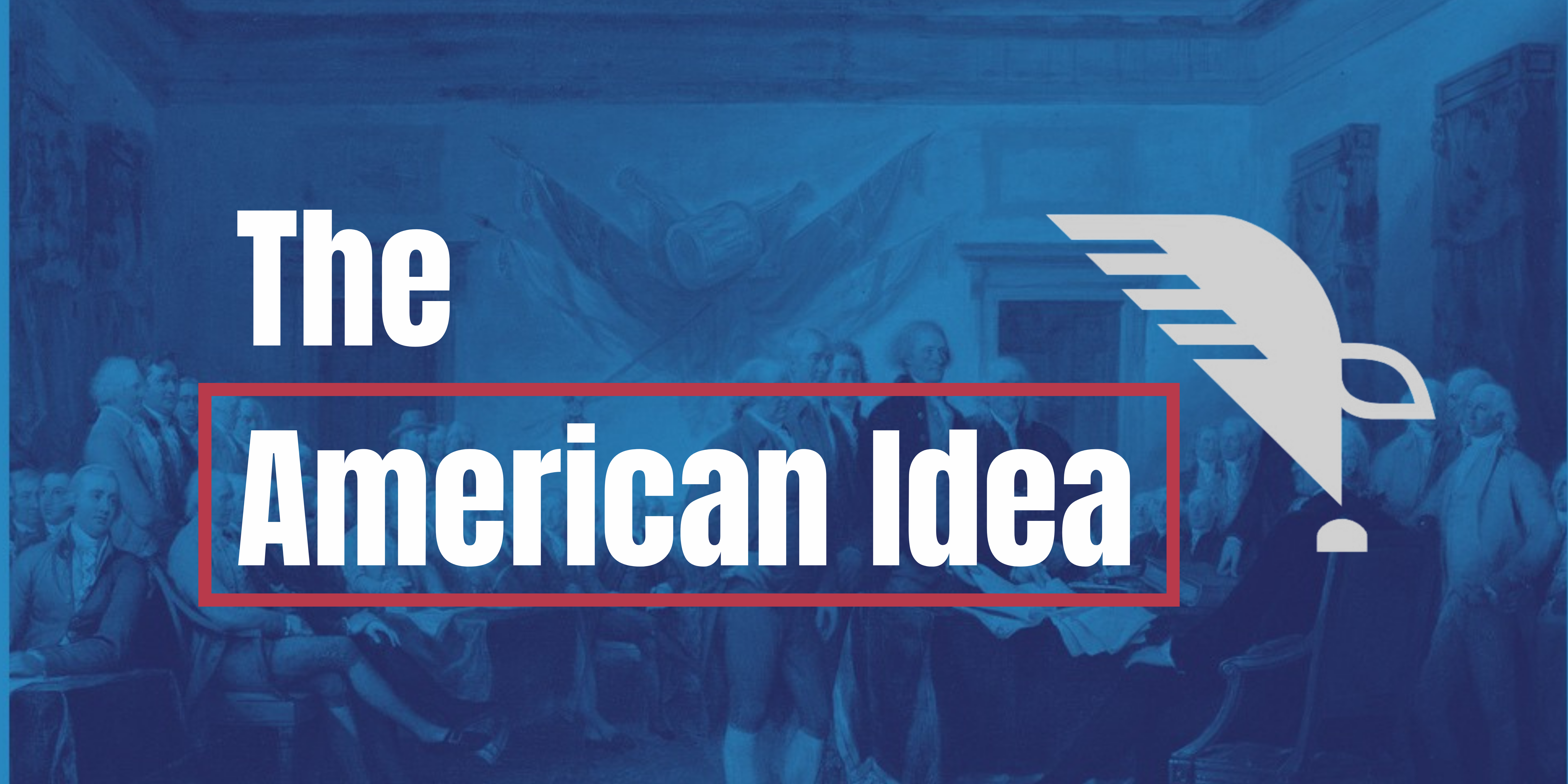
Contemporary Conversations: Parental Rights in Education
Subscribe through your favorite platform: https://linktr.ee/theamericanidea
Origins of Parental Rights in Education
The concept of parental rights in education traces its roots back through history to the Anglo-American constitutional tradition. William Blackstone’s commentaries on the laws of England in 1765 articulated the idea that parents have the natural responsibility to provide their children with education suitable to their station. This responsibility stemmed from the intimate relations between parents and children, acknowledging the unique position parents hold in understanding and caring for their offspring.
- Blackstone emphasized parental responsibilities: maintenance, protection from harm, and most significantly, the right to direct their children’s education.
- This right emerged from the notion that parents, by virtue of their connection with their children, are best positioned to provide suitable education.
Legal Milestones: Meyer v. Nebraska and Pierce v. Society of Sisters
In 1923, the US Supreme Court’s case of Meyer v. Nebraska acknowledged parental rights in education, rejecting Nebraska’s prohibition of teaching the German language before the 8th grade. This landmark case asserted the long-held understanding that parents possess the fundamental right to direct their children’s education, deeply rooted in historical and legal principles.
- Meyer v. Nebraska established that the state had a role in education but recognized parents’ rights to choose the mode of education.
- In 1925, Pierce v. Society of Sisters further solidified parental rights, affirming the right to send children to private schools.
Evolving Dynamics: Homeschooling and Legal Challenges
The 1972 case of Wisconsin v. Yoder expanded the boundaries of parental rights, recognizing the right of Amish parents to withdraw their children from formal education after the 8th grade. This case laid the groundwork for the homeschooling movement, challenging traditional approaches to education.
- Homeschooling faced legal challenges in various states, with laws initially prohibiting or heavily regulating homeschooling.
- Over time, the legal landscape evolved, acknowledging parents’ discretion in educating their children, but the specifics varied across states.
Present Landscape and Future Trends
Presently, parental rights in education remain a patchwork across states, where laws differ in regulating homeschooling and parental authority. While homeschooling is legal in all 50 states, the level of regulation and oversight varies significantly.
- Recent events, particularly the pandemic-induced shift to remote learning, have fueled a renewed interest in parental involvement in education.
- Ongoing legal battles, such as cases involving school curriculum content and parental opt-out rights, highlight the continuing debate over the scope of parental rights in public education.
Conclusion and Outlook
The momentum behind parental rights in education has gained traction, with increased advocacy and legal battles reflecting the growing concern among parents for greater control over their children’s education. While a patchwork of laws exists, discussions persist on the constitutional recognition of parental rights, potentially leading to future legal clarifications and decisions.
The ongoing debate around parental rights in education encompasses diverse viewpoints, including concerns about curriculum content, opt-out rights, and the balance between state authority and parental discretion. The trajectory of this debate may lead to significant legal discussions at higher judicial levels in the future.

